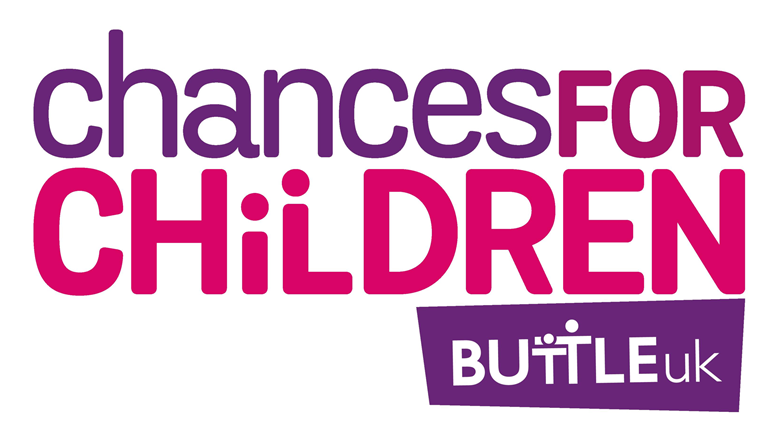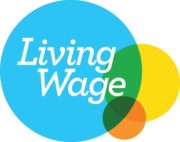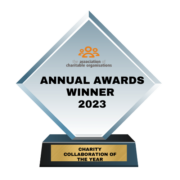Growing Up in Poverty: Reflections on challenging childhoods in 2024
In September 2024, we published our Growing Up In Poverty report. In this blog post, we talk about the journey to design and undertake this piece of research, and reflect on the impact it has had at Buttle UK.
It is hard to find any hope in our recent Growing Up in Poverty report. While we are so proud to be publishing this piece of original research, we acknowledge that the findings are shocking – and depressing. From the first page, the statistics illuminate the appalling standard of living that so many children and young people are enduring in 2024. However, it is the quotes directly from parents and carers that truly tell the story. We received thousands and thousands of these in our findings, and we shared as many as we could.
I was privileged to listen to many of the parents and carers who generously gave their time to take part in an interview, following up on the initial survey. What I learnt is just how exhausting their circumstances truly are. The fatigue that comes from having to make difficult decisions day after day should not be underestimated. For these households, the issues the report outlines are not simply numbers on a page, or a narrative about poverty. They are their daily lived experiences. There is no respite from lacking enough electricity, gas, and food. There is utter misery in not having furniture to sit, eat, or sleep on. The loss of opportunity for the children, whether that’s due to missing education, low wellbeing, or low personal development, makes the future seem like a hopeless place.
What was hard to convey in the report is the sheer sense of perseverance and grit that every parent and carer had. There is no doubt the questions held up a mirror to difficult themes, but every interviewee had stories of adaptation that show their commitment to getting their children through tough times. One interviewee shed tears as she explained that she had replaced meals with fizzy drinks, because it was cheaper than real food but still high in calories. Another spoke about getting up in the middle of the night to wash clothes and use energy-intensive devices to clean, delaying her utilities being cut off during non-disconnection hours. Several talked about sleeping on floors, including one who had been on an airbed which doubled as the family sofa for over three years, to make sure that their children slept better. We acknowledge, though, that these sacrifices are not a solution. No family deserves to live under this continual stress and strain.
It is because of these voices, and the power they hold – and should hold – that we undertook this piece of research. Buttle UK already undertakes an annual study, calling on frontline workers to illuminate the State of Child Poverty by answering questions about households living in severe financial hardship, and the impact for children and young people. Therefore, we were aware of the degrading living standards that families were enduring and continue to endure, which we are finding as we analyse the very recent findings which will contribute to the upcoming 2024 report.
However, we also saw a disconnect in our learning about these experiences from frontline workers, who are shielded by a level of professional detachment. That is not to say that they do not suffer, vicariously, from the challenges they relentlessly witness and support. We are so grateful for our network of frontline workers, who deliver our grants alongside holistic support. We decided, though, that we needed to address this disconnect in 2024.
In line with our recent hard work on co-production and shifting our culture towards inclusion and transparency, we wanted to use our platform to speak much more directly to families. This is an important part of our commitment to our values, which include being empathetic, child-focused and accountable. We see the importance of examining our own work in light of this piece of research. The process and outputs have really provided an insight into what we need to be doing to give grants that work for the households they serve. It is only through truly listening that we can hold ourselves accountable to the families we support, even when the truth is not an easy listen.
In the interests of complete transparency, we acknowledge the challenge of hearing from so many of our survey respondents that their living standards are still so very poor, even after a Buttle UK grant. This report has already sparked conversations and added to strategic discussions. However, our grants are not supposed to simply fill the gaps in homes with poor living conditions; they are supposed to offer support for children to access holistic opportunities and the right to thrive, not just survive. Yet, this report has told us that so many are not really surviving, or certainly not in ways that we would wish for children and young people. There are yawning gaps in support and funding for families in dire need. That’s why the decision to undertake this piece of research is so important; it has given us so much knowledge, and deep understanding, that we have a responsibility to share with people and organisations in positions to make change happen. This, in turn, will help us do the same.
Undertaking this research has been immensely challenging. Not simply because of the scale, and not simply because of the time; because of the huge responsibility it was to bear witness to harrowing truths about life in poverty. As the author of the report, I am sure that readers will take away a deep empathy for the families. It certainly tells us about the simple privileges that many of us might take for granted; a heated home, enough food, a place to rest, clean clothes, and a future which does not feel curtailed by our circumstances today. The children and young people this report is about, are not able to say the same. If you read the report and feel the same, we urge you to share it.
Jessie Adams – Impact and Evaluation Manager. Reach out to me at jessiea@buttleuk.org for more information about our research and evaluation activities.





